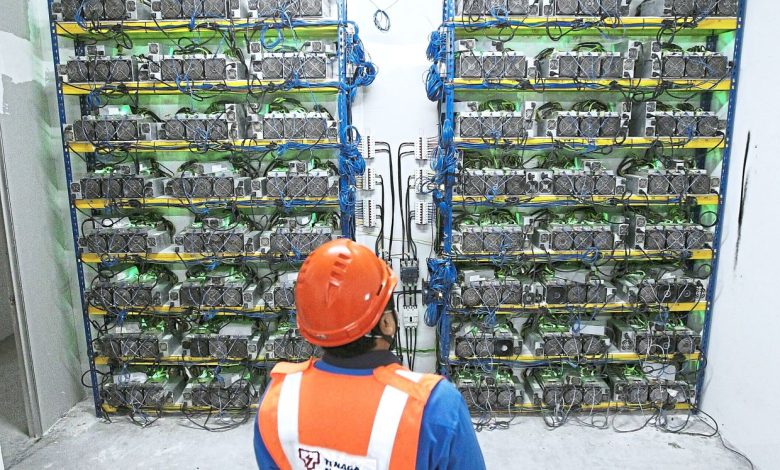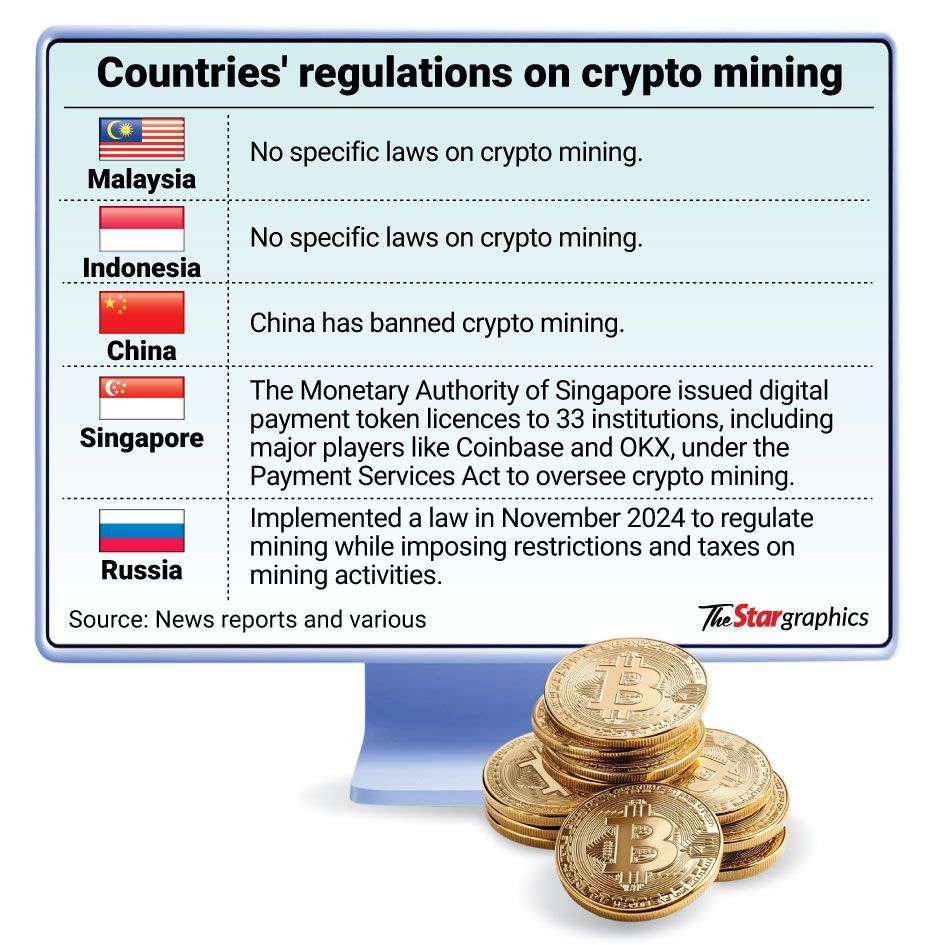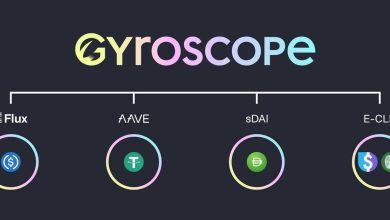Loopholes fuelling crypto electricity theft

PETALING JAYA: Malaysia’s cryptocurrency mining activities continue to operate in a regulatory grey zone, raising alarm among experts who say loopholes in the law have fuelled rampant electricity theft and unchecked power consumption.
Although billions have already been lost to mining operations, there is still no clear framework that defines how and where crypto mining should be carried out, the experts said.
“Right now, miners can run their rigs at home using domestic tariffs, which is unfair when compared to businesses that pay commercial rates,” said Piarapakaran Subramaniam, president of the Association of Water and Energy Research Malaysia.
Without clear policies, he said, it is difficult to distinguish who is mining legally and who is not.
Piarapakaran urged the government to formally classify crypto mining, either as a new category or under existing ones in the country’s energy consumption laws, and to integrate smart grid technology to improve monitoring of energy use.
Assoc Prof Dr Wan Mohd Zulhafiz Wan Zahari, from International Islamic University Malaysia, said the real legal issue lay in how miners sourced their energy.
“Many operators bypass metered connections or steal electricity outright, which is an offence under the Electricity Supply Act 1990,” he said.
“There is a need to bridge the current gap between energy law and digital asset activities.”
Wan Mohd Zulhafiz, who is the deputy dean of Ahmad Ibrahim Kulliyyah of Laws, suggested that mining operations be formally registered, audited for power usage and made accountable for any illegal connections.
He said artificial intelligence and blockchain tracking tools could help authorities detect suspicious activity.
Universiti Tenaga Nasional senior lecturer Dr Nora Yusma Mohamed Yusoff stressed that enforcement was crucial, given the lucrative nature of mining.
“Crypto mining rigs run 24 hours, and the bigger the network, the more electricity it consumes.
“This creates strong incentives for operators to cut costs and steal power,” said Nora Yusma, who is the director of the university’s Institute of Energy Policy and Research.
She recommended that Malaysia look to Australia’s whistleblower model, where energy theft hotlines and financial rewards for tip-offs have led to multiple prosecutions.
Imposing punitive actions, she added, could also deter repeat violations.
The urgency is clear, as Deputy Energy Transition and Water Transformation Minister Akmal Nasrullah Mohd Nasir recently revealed that electricity theft linked to crypto mining has cost the country RM4.8bil from 2018 to June this year.
He said the surge in cases was driven by the rising value of Bitcoin, which is now close to RM500,000 per unit.
“This creates challenges for enforcement, as more people are willing to take the risk of stealing electricity for mining,” Akmal Nasrullah reportedly said.
But until crypto mining is placed under a proper regulatory framework, the experts say operators will continue exploiting loopholes and Malaysia will keep bleeding losses.




